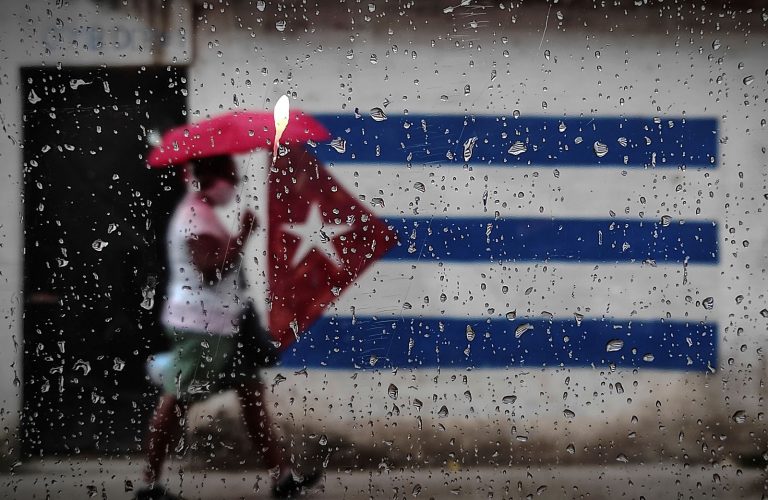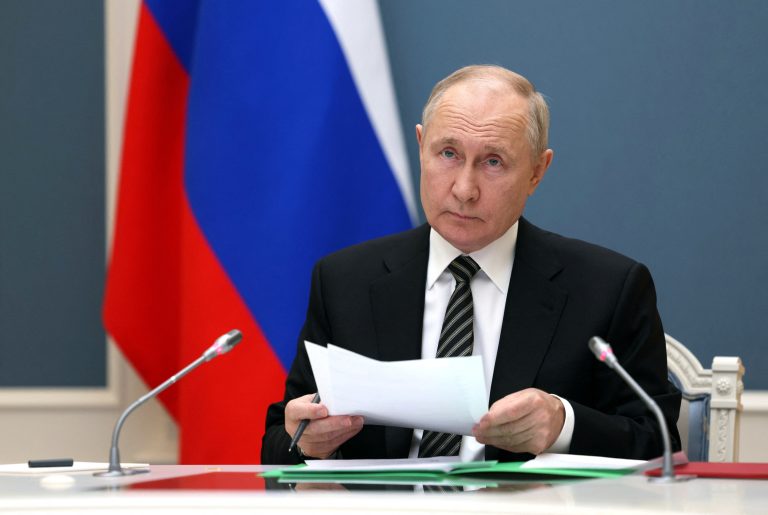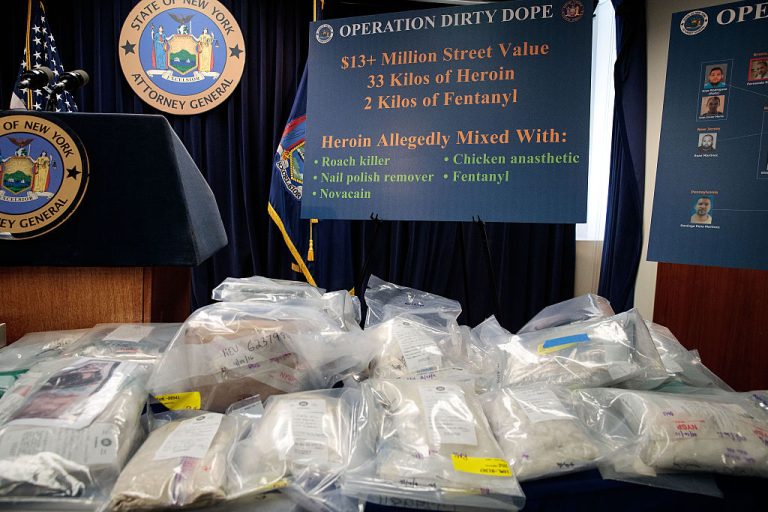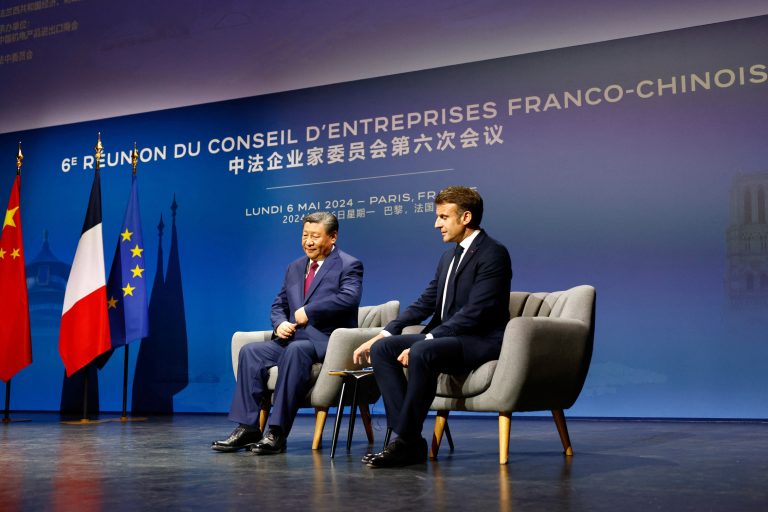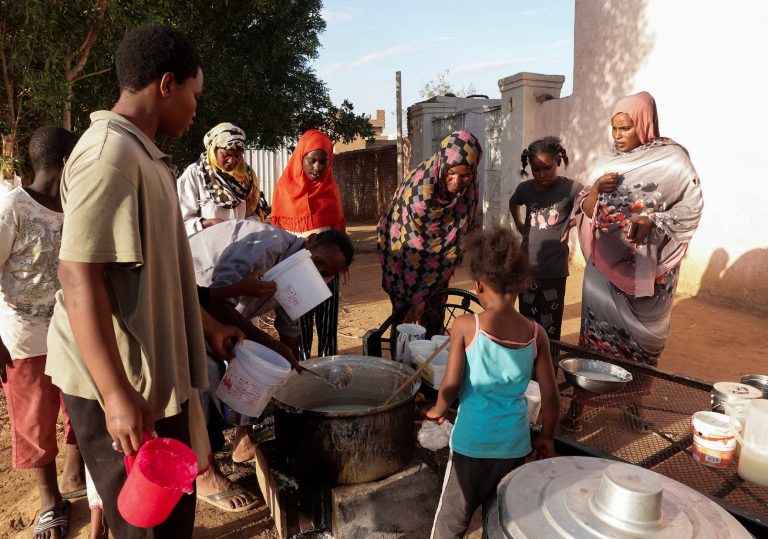HAVANA, Cuba — The small island nation in the Caribbean saw its lowest level of voter turnout in municipal elections since at least 1981, according to preliminary government figures released on Monday, Nov. 28.
Municipal elections, held every five years, are one of few opportunities ordinary citizens on the island have to directly participate in the electoral process.
Election officials said nearly 69 percent of registered Cuban voters had participated in Sunday’s vote. While that turnout still compares favorably with many regional neighbors, it marks a significant drop from the 89 percent who voted in 2017 in the first such elections since the death of former Cuban leader Fidel Castro.
Cuba has long prided itself on high levels of voter turnout, billing participation in elections as a demonstration of the grass-roots nature of its electoral system.
The sharp drop in participation on Sunday versus the 2017 elections follows calls from Cuba’s political opposition to abstain from voting in protest of the administration of Cuban President Miguel Diaz-Canel. The municipal elections were the first since Diaz-Canel became president in 2018.
Success
You are now signed up for our newsletter
Success
Check your email to complete sign up
There are no opinion or exit polls in Cuba, so it is not clear why a growing percentage of Cuban voters choose to abstain on Sunday.
Cuba is suffering from a nearly unprecedented economic crisis that has led to hours-long lines for food, medicine and fuel, as well as regular, rolling blackouts.
Cuba’s on-island opposition has largely evaporated since widespread anti-government protests in July of 2021 led to hundreds being tried and jailed. Others have chosen to migrate or allege they were forced into exile.
Manuel Cuesta Morua, a leader of Cuba’s Council for the Democratic Transition in Cuba, told Reuters prior to the elections that he was aware of just one opposition candidate — a 30-year old baker named Jose Antonio Cabrera of Palma Soriano, a small city in eastern Cuba — out of more than 26,000 that had been nominated.
Cuesta Morua said he had been unable to obtain results of the race in question as of Monday. Reuters was unable to contact Cabrera on Monday.
Cuban law says that any Cubans of any political stripe or affiliation may be nominated for municipal elections. In practice, however, only a few government opponents have ever competed in the elections.
The 11,502 delegates elected to municipal assemblies on Sunday are the front-line representatives in Cuban communities across the island.
They receive complaints from neighbors, help establish municipal budget priorities and some go on to populate half of the National Assembly, for which elections will be held in 2023.
Official data showed that, in addition to the lower voter participation on Sunday, nearly 6 percent of votes cast were annulled, and 5 percent were left blank.
By Reuters. (Reporting by Dave Sherwood; Editing by Bill Berkrot)



